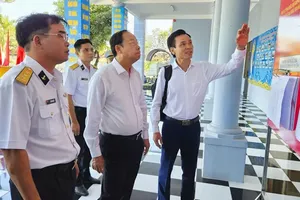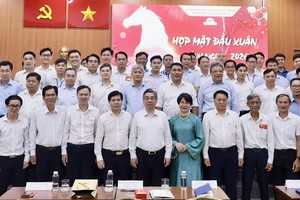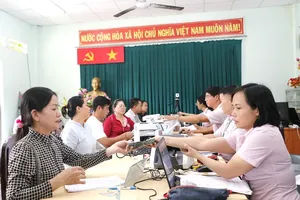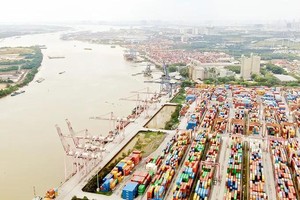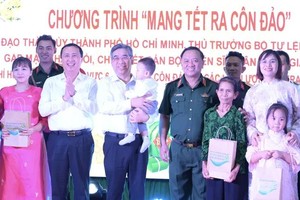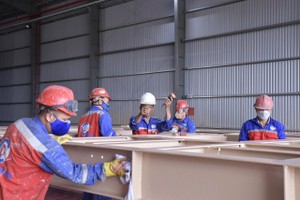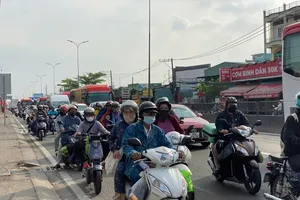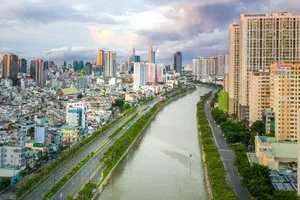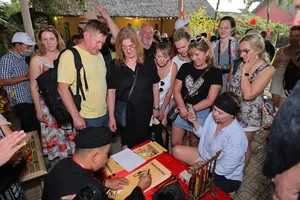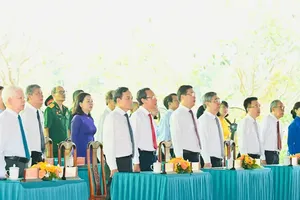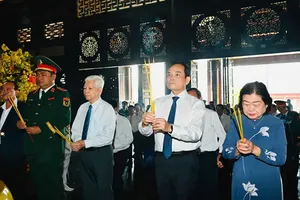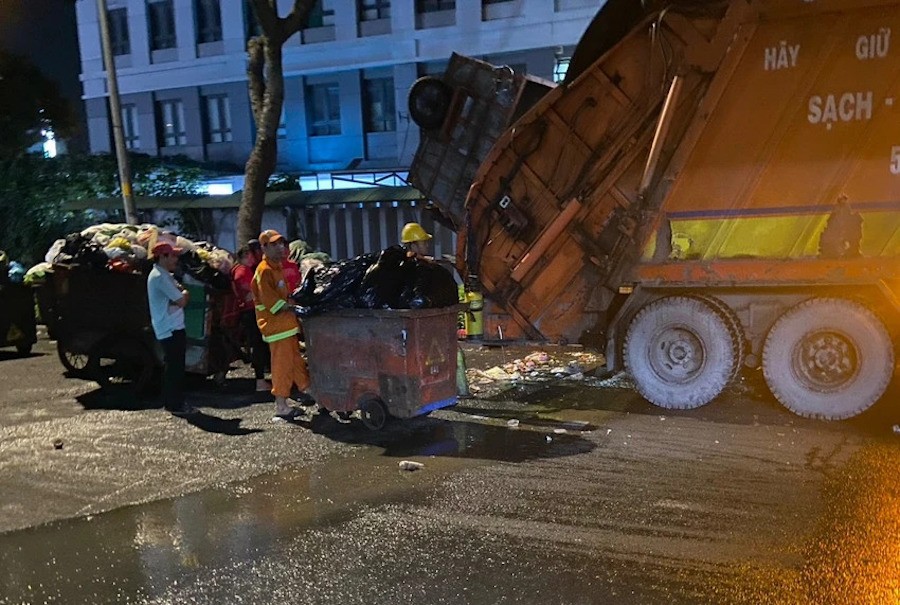
The People's Committee of Ho Chi Minh City has reported on the results of implementing the city's solid waste management plan for 2025, with a vision to 2050.
According to the report, HCMC is currently carrying out five projects to convert household waste treatment to waste-to-energy incineration. The HCMC People's Committee has approved two technology conversion projects from Vietstar JSC and Tam Sinh Nghia Investment and Development JSC, while the remaining three projects are completing legal procedures for their conversion.
Currently, 33 percent of household solid waste is treated using incineration without energy recovery, composting, or recycling, while 67 percent is processed through sanitary landfilling.
Tam Sinh Nghia Investment and Development JSC began constructing a treatment plant in July 2024. By December 2024, Vietstar JSC is expected to receive a construction permit for a plant that will increase the proportion of waste treated by waste-to-energy incineration to 38 percent, equivalent to 4,000/10,500 tons/day.
In 2025, the People's Committee will instruct the Department of Natural Resources and Environment to continue supporting project developers in completing legal procedures for the construction of energy-recovery waste treatment plants, which are expected to begin operations in 2027. Once operational, these projects will raise the proportion of waste treated by waste-to-energy incineration to 80.9 percent.
From 2026 to 2030, HCMC plans to build additional waste treatment plants with energy recovery at the Northwest Solid Waste Treatment Complex, with a capacity of 2,000 tons per day. By then, 100 percent of household waste, equivalent to 10,500/10,500 tons/day, will be treated using waste-to-energy incineration technology.
